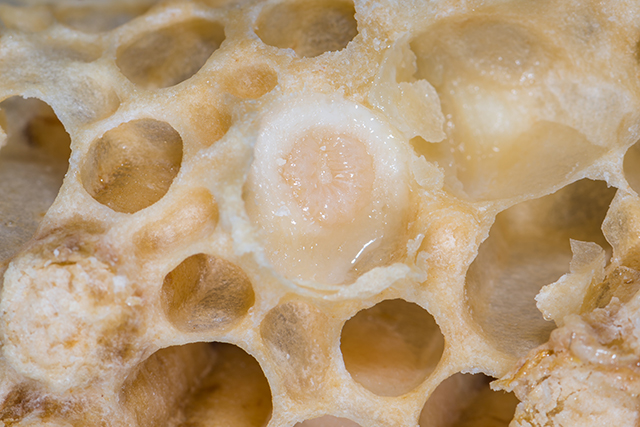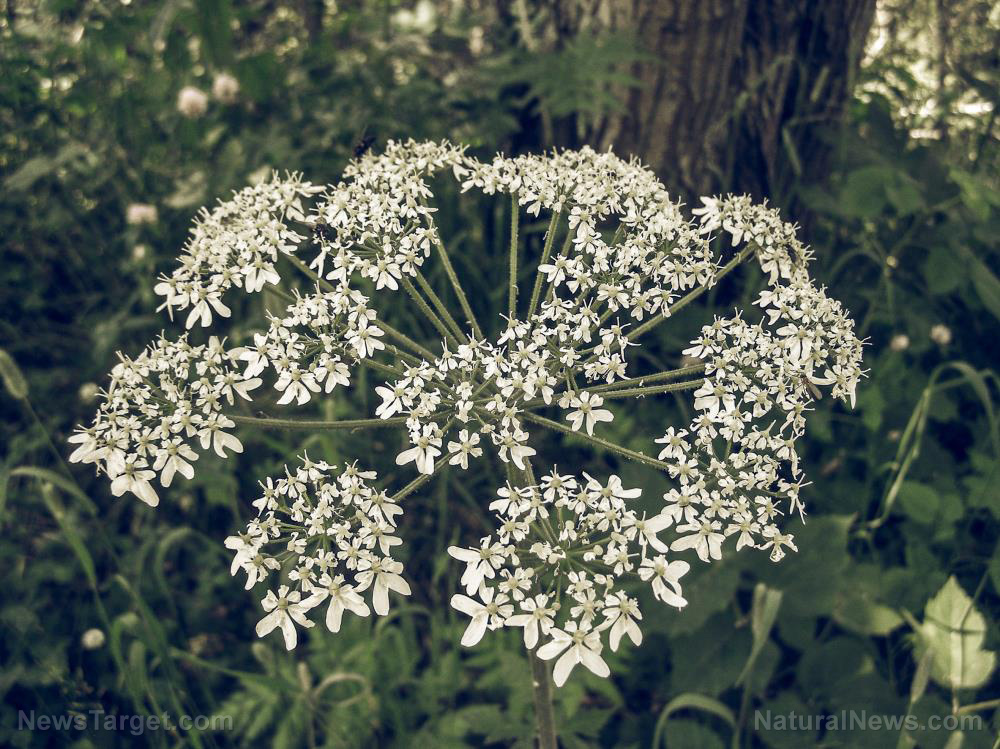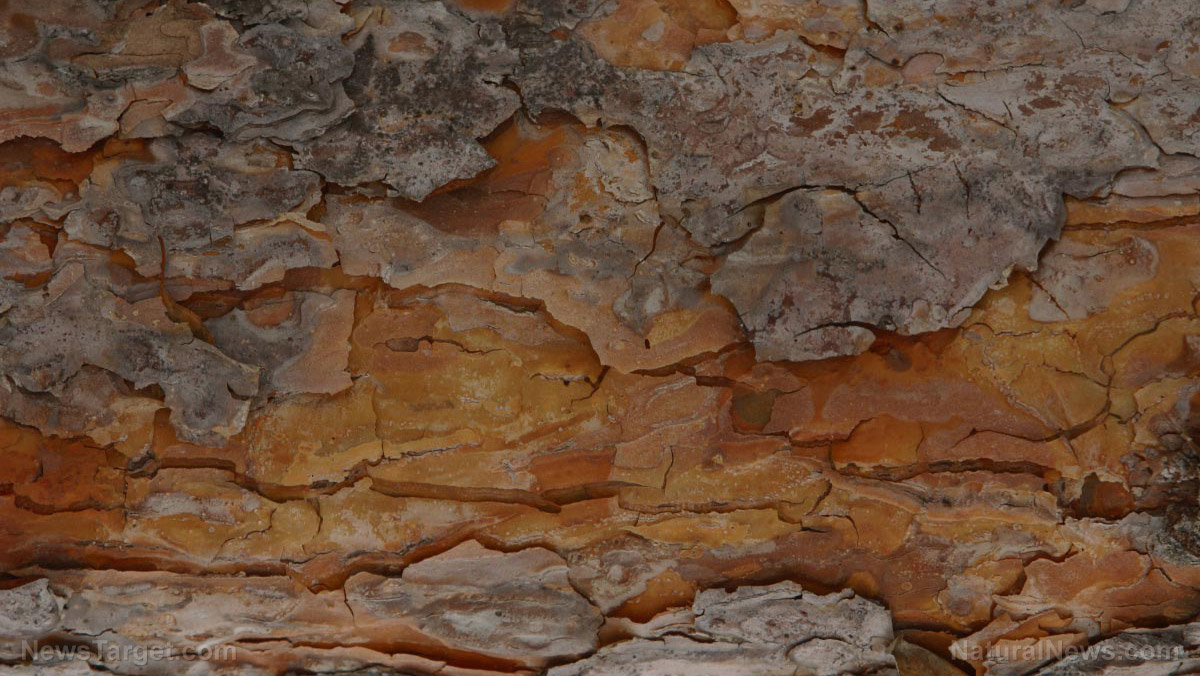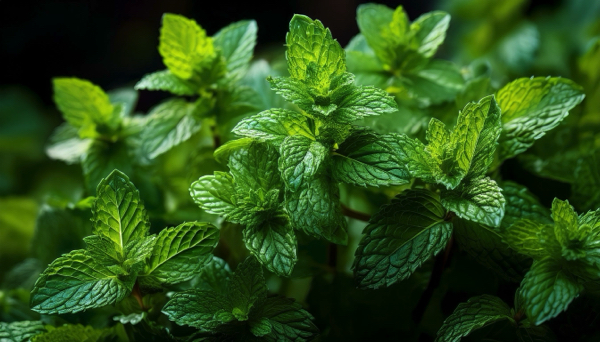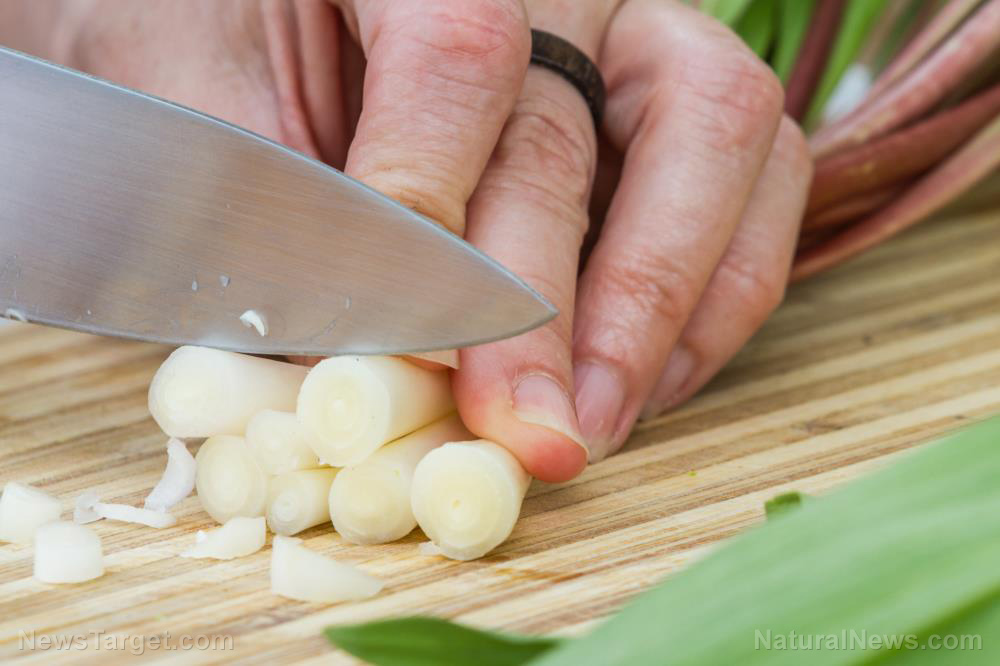Frankincense superior to chemotherapy in killing late-stage ovarian cancer cells
10/16/2023 / By News Editors

Like the Magi, carrying myrrh, frankincense, and gold, researchers from the University of Leicester have, for the first time, demonstrated the potential of treating ovarian cancer using the Christmas gift frankincense.
(Article republished from GreenMedInfo.com)
The origins of frankincense can be traced to the Arabian Peninsula. According to Herodotus (5th century BC):
“Arabia is the only country which produces frankincense, myrrh, cassia, and cinnamon.. the trees bearing the frankincense are guarded by winged serpents of small size and various colors. (See this GreenMedInfo Summary).”
Frankincense, along with gold and myrrh, is one of the most famous Christmas presents in history, and is a fragrant plant resin extracted from the Boswellia sacra tree found across Africa and Arabia. Using the compound AKBA (acetyl-11-keto-beta-boswellic acid) derived from the resin, the research has successfully shown its potential effectiveness in targeting ovarian cancer.
More specifically, they have been able to demonstrate the ability of AKBA to combat cancer cells in late-stage ovarian cancer.
Lead researcher Kamla Al-Salmani, PhD student from the University’s Department of Cancer Studies and Molecular Medicine explained:
“After a year of studying the AKBA compound with ovarian cancer cell lines in vitro, we have been able to show it is effective at killing the cancer cells. Frankincense is taken by many people with no known side effects. This finding has enormous potential to be taken to a clinical trial in the future and developed into an additional treatment for ovarian cancer.”
Frankincense has been used as a folk medicine for centuries due to its anti-inflammatory properties, making it a viable treatment for asthma, skin conditions and gastroenteritis among others. Previous studies have also successfully linked AKBA as a potential treatment for many other cancers, including colon, breast and prostate cancer; however this is the first study to demonstrate its potential in combating ovarian cancer.
The researchers have shown that this frankincense compound is effective at killing ovarian cancer cells at realistic concentrations. What has been most surprising is that the cells we have tested which are resistant to chemotherapy have shown to be more sensitive to this compound, suggesting frankincense may indeed be able to help overcome drug resistance, and lead to an improved survival rate for patients with late-stage ovarian cancer.
Additional reading:
- Human bladder cancer cells and immortalized normal bladder cells were studied using Frankincense oil; Frankincense oil appears to distinguish cancerous from normal bladder cells and suppress cancer cell viability
- This study compares Boswellia sacra essential oil hydrodistilled at 100 °C vs 78 °C in inducing cancer cell death in cultured breast cancer cells; the oil prepared at 100 °C was more potent in inducing breast cancer cell-specific cytotoxicity
- Essential oil hand massage was used with hospice patients with terminal cancer with a positive effect on pain and depression
- Boswellia contains a compound (AKBA) which has inhibitory properties in meningioma cells
- Boswellia contains a compound which suppresses proliferation and induces programmed cell death in meningioma cells
Do you appreciate our work here at GreeMedInfo.com? Consider we are a 100% reader-supported platform, without advertisements. This means that without your support, we wouldn’t exist. Thankfully, there are 4 easy ways for you to help us stay alive and well:
1) Become a member (for as low as 29 cents a day!)
2) Make a one-time donation.
3) Shop our NEW Regenerate Project store.
4) Make a larger contribution by emailing us at [email protected]
Ken McGowan is an environmentalist, social entrepreneur & the former leader of the Green Party of Nova Scotia.
Ken is a graduate of the U of T with a degree in molecular biology, and is the founder & product formulator of Sinfully Wholesome, a socially & environmentally responsible natural skin care company.
Disclaimer: This article is not intended to provide medical advice, diagnosis or treatment. Views expressed here do not necessarily reflect those of GreenMedInfo or its staff.
Read more at: GreenMedInfo.com
Submit a correction >>
Tagged Under:
acetyl-11-keto-beta-boswellic acid, alternative medicine, Boswellia sacra, cancer, Cancer Cells, cancer tumors, frankincense, healing, natural healing, Ovarian Cancer, resin, women's health
This article may contain statements that reflect the opinion of the author
RECENT NEWS & ARTICLES
consumerwellness.info is a fact-based public education website published by consumerwellness.info
All content copyright © 2023 by consumerwellness.info
Contact Us with Tips or Corrections
All trademarks, registered trademarks and servicemarks mentioned on this site are the property of their respective owners.





